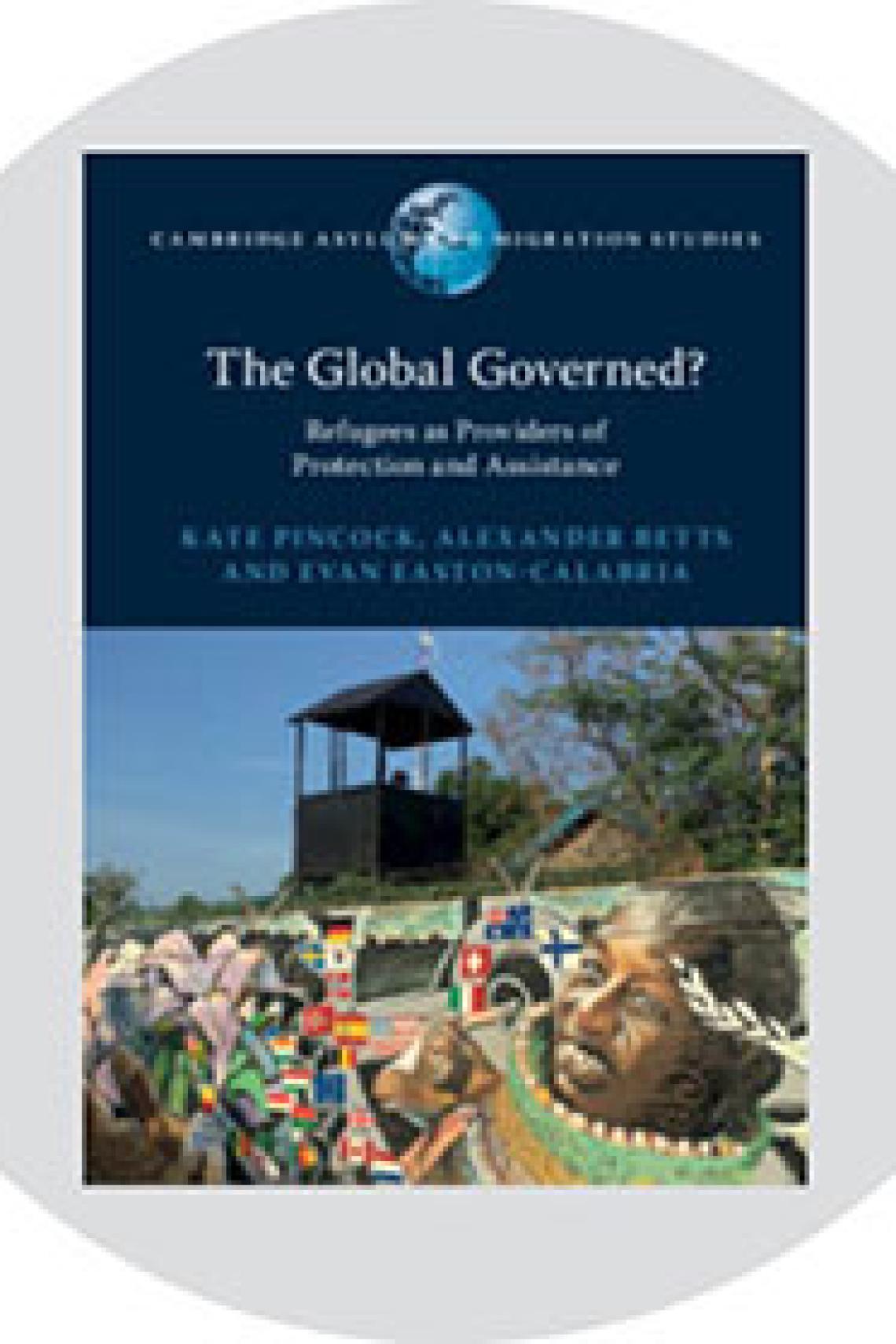New RSC book analyses how refugees can act as providers of social protection
A new book from the Refugee Studies Centre examines how refugees mobilise to act not just as recipients but as providers of social protection and assistance.
Whether refugees are living in camps or in cities, the dominant model for aid and assistance is premised upon a provider-beneficiary relationship led by UN organisations and their implementing partners.
However, parallel to this, refugees themselves frequently mobilise to create organisations or networks as alternative providers of social protection. Based on fieldwork in refugee camps and cities in Uganda and Kenya, the new book examines how refugee-led organisations emerge, the forms they take, and their interactions with international institutions.
Developing an original theoretical framework based on the concept of 'the global governed', the book shows how power and hierarchy mediate the seemingly benign notion of protection. Drawing upon ideas from anthropology and international relations, it offers an alternative vision for more participatory global governance, of relevance to other policy fields including development, humanitarianism, health, peacekeeping, and child protection.
The new book is written by Kate Pincock, Alexander Betts and Evan Easton-Calabria.
Kate Pincock, Alexander Betts and Evan Easton-Calabria (2020) The Global Governed? Refugees as Providers of Protection and Assistance, Cambridge University Press

